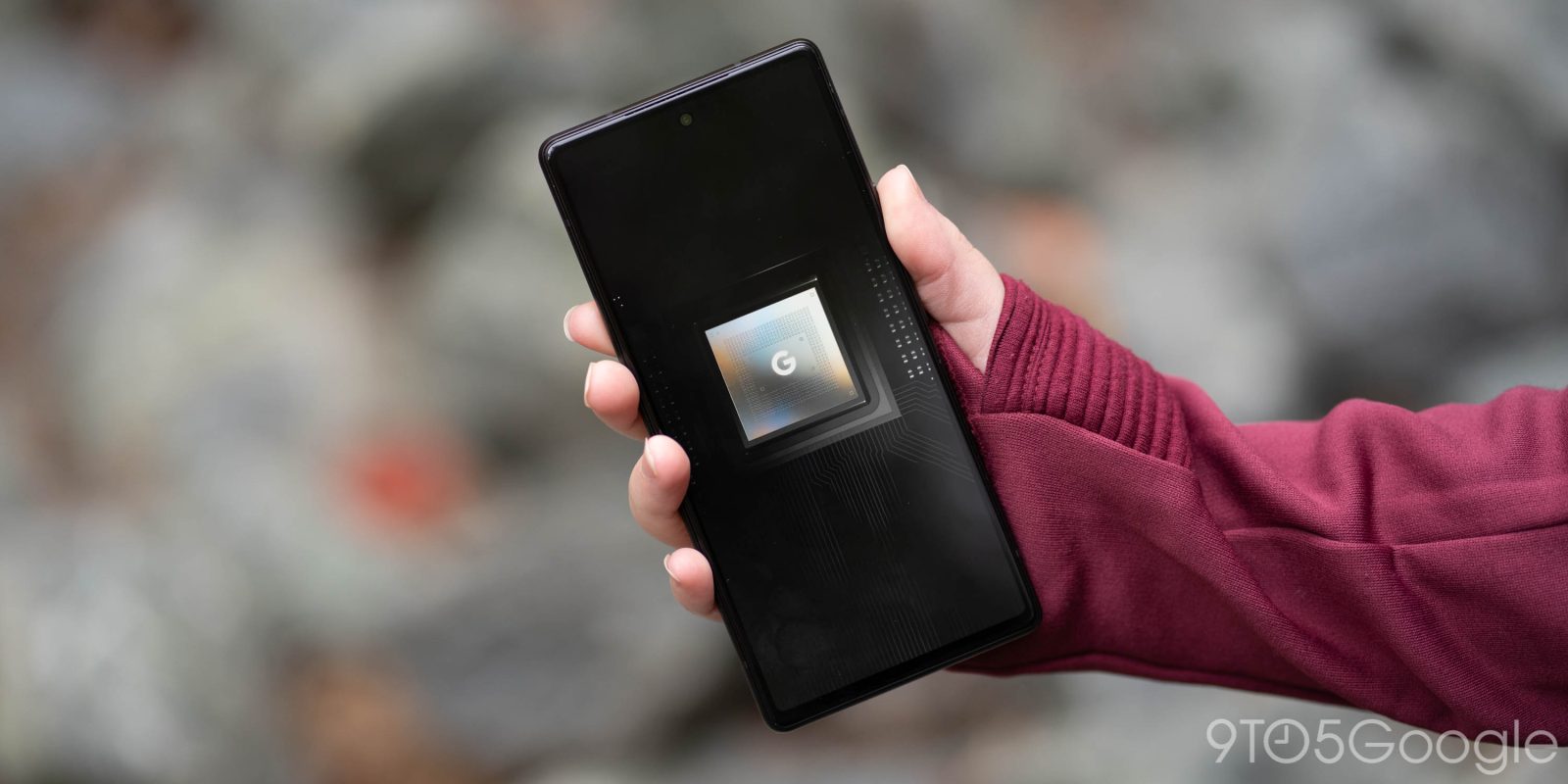
Back in 2021, Google effectively rebooted its efforts with Pixel hardware with the arrival of the first Tensor processor. That’s led to some big changes but 2024 finally marks the year that the transition is entering its final stage.
Snapdragon Pixels are (almost) dead
This week’s release of the first Android 15 Developer Preview sealed the fate of the last Snapdragon Pixels. Launched in 2020 and 2021, the Pixel 4a, 4a 5G, 5, and Pixel 5a were the last batch of Google smartphones powered by Qualcomm chipsets.
Android 15 officially only supports Pixels released after late 2021. The Pixel 6 and Pixel 6 Pro are the oldest devices supported, both having launched in October of that year. Notably, though, this will be the last big update even for those devices. However, Google will continue security updates for two more years on Pixel 6 and Pixel 6 Pro.
Circling back, though, the Pixel 4a, 4a 5G, 5, and 5a were all pandemic smartphones. Their launches were most unorthodox in Google’s modern history. Pixel 4a launched months behind schedule, and the Pixel 5 felt cobbled together as a stopgap, ditching the flagship processor, dedicated Google co-processors, and also only had one size offering for the first time. It also bizarrely released a month late in the US compared to other regions, and even ended up being discontinued months early.

This collection of Pixels had their own pros and cons – I’ll always love the build of the Pixel 5 – but ultimately felt like a big stopgap just waiting on something else. And something indeed was brewing.
Google Tensor’s first years
In the second half of 2021, Google announced the Pixel 6 and Pixel 6 Pro months ahead of their formal debut, all to give a preview of its efforts in building a new chip.
Google Tensor marked a reinvention of the Pixel series. Gone were the Snapdragon chips, swapped out for a chip from Google which was focused on the specific tasks Google wanted it to. For example, Google touted that the chip helped Pixel 6 apply HDR to each frame of a video, and went the chip formally arrived in Pixel 6, we broke down the helpful additions it provided.
Out of the gate, Tensor put on a pretty good show. It wasn’t the fastest chipset out there, but it was plenty quick. It wasn’t the most efficient, but Pixel 6 and Pixel 6 Pro left a good first impression on battery life. But, it wasn’t without issues. Many ran into hiccups with heat especially while gaming, and the Samsung modem used on the device was shown to have some big deficiencies compared to what was available from Qualcomm. Modem issues also contributed to battery life woes, especially as the phones aged.
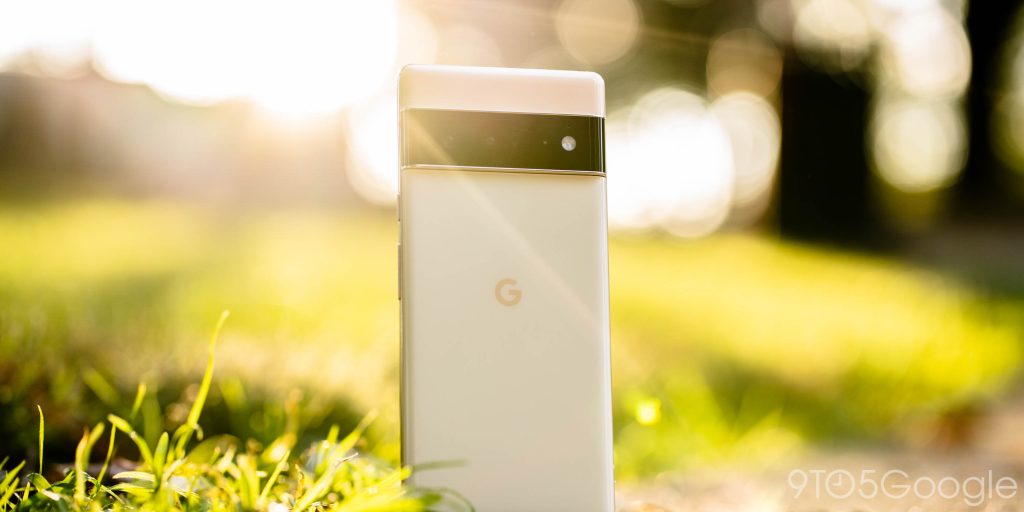
The switch to Tensor also seemingly caused a couple of hiccups when it came to software updates. The December 2021 update was especially memorable, causing fairly major network issues for many users among other issues. But, over time, things were patched up and Google’s Pixel 6 series actually managed to make an impact.
The other big change that Tensor brought was putting a flagship-tier chipset into Google’s cheaper smartphone. In 2022, the Pixel 6a debuted with the same Tensor processor, and it was the best “mid-range” Pixel in years thanks in large part to Tensor.
From that point, the next step was a sequel. That debuted in Tensor G2, which launched in the Pixel 7 and Pixel 7 Pro in October 2022. Google said the chip was 60% faster and more power efficient. We also found that it brought some minor cellular improvements, but ultimately G2 wasn’t really a major leap.
Tensor G2 later arrived in Pixel 7a, Pixel Fold, and the Pixel Tablet over the course of 2023.
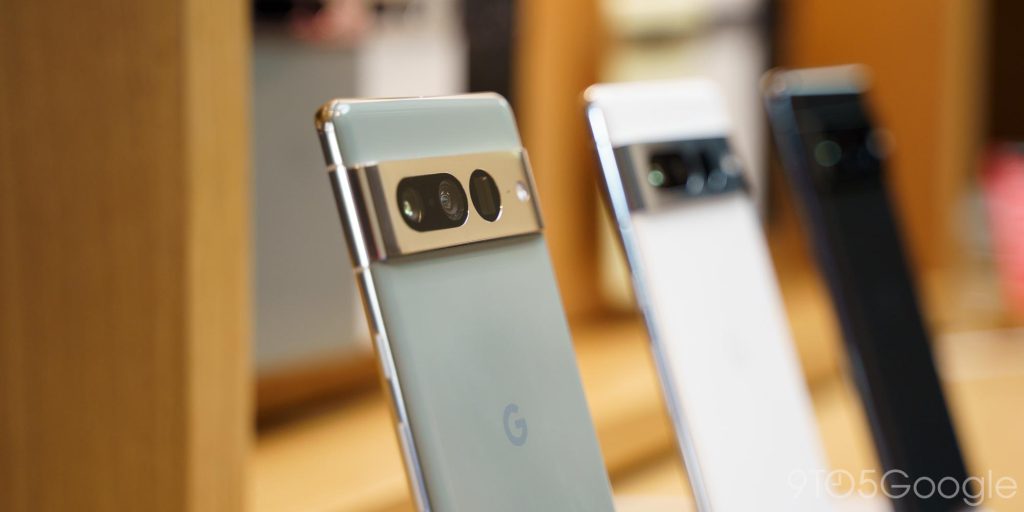
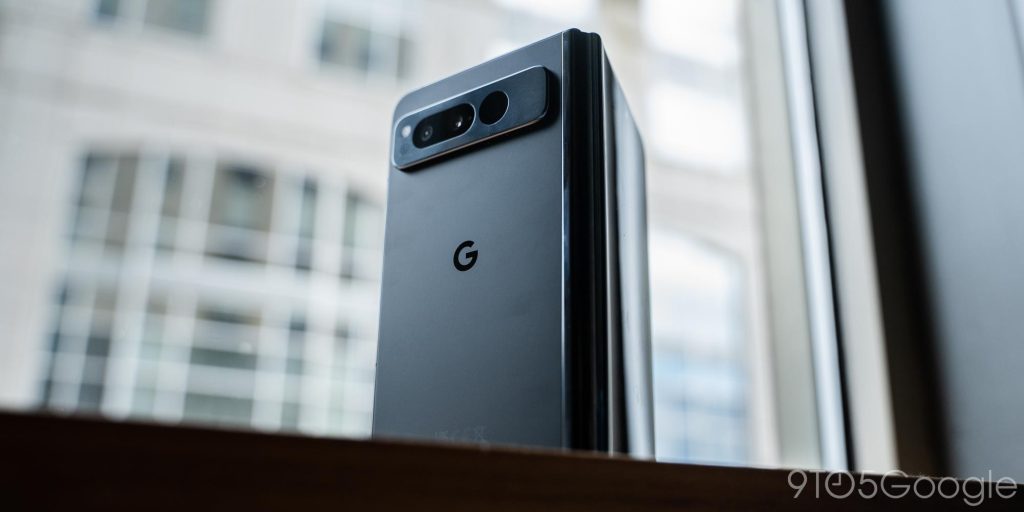
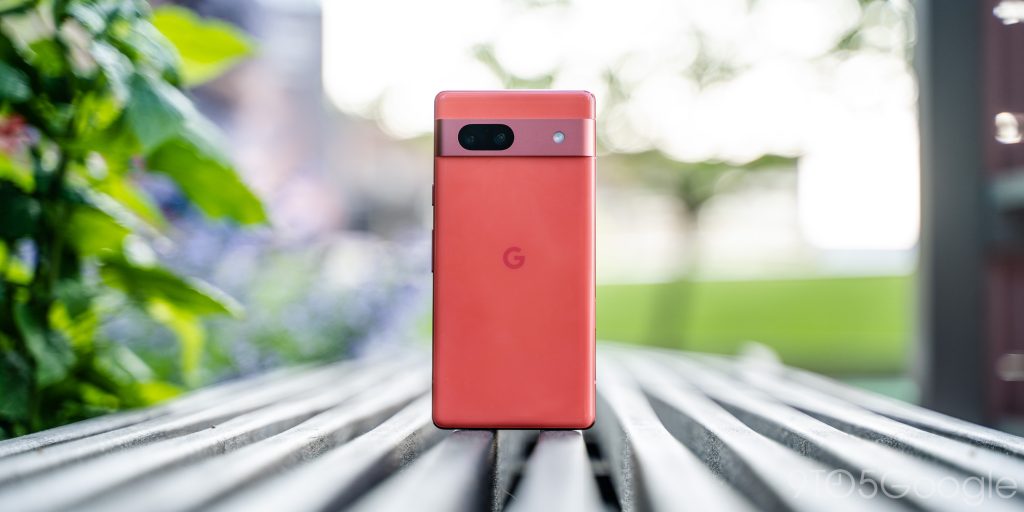
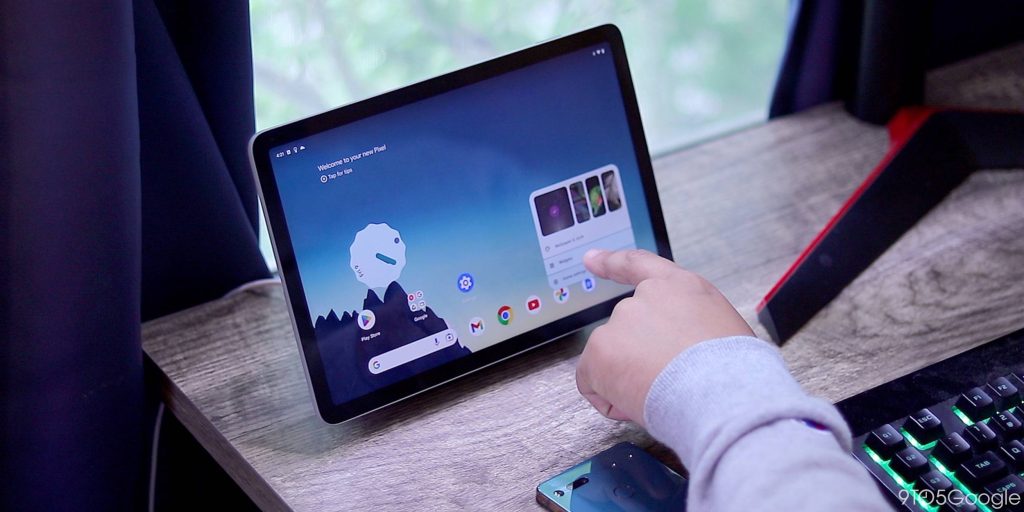
Where Tensor is today
Last October, Google unveiled the latest Tensor chip, G3. In the Pixel 8 and Pixel 8 Pro, Tensor G3 represented a much bigger leap. The modem is better, the chip is considerably more powerful, and it’s also more power efficient. It’s still not the most powerful, and it’s not even the best at AI, but it’s pretty darn good.
What’s next for Tensor is a much bigger question, and an exciting one at that. Tensor G4 is said to be a relatively minor upgrade, but Tensor G5 is reportedly a big one. The chip is said to be produced by TSMC instead of Samsung which, on its own, has big implications for efficiency, but beyond that, it’s also allegedly Google’s first fully self-made chip.
Every Tensor processor so far has had deep roots in Samsung’s Exynos designs, even though they’re pretty heavily modified. It remains to be seen if the switch to TSMC and Google’s own designs will stick the landing, but it’s exciting to say the least.
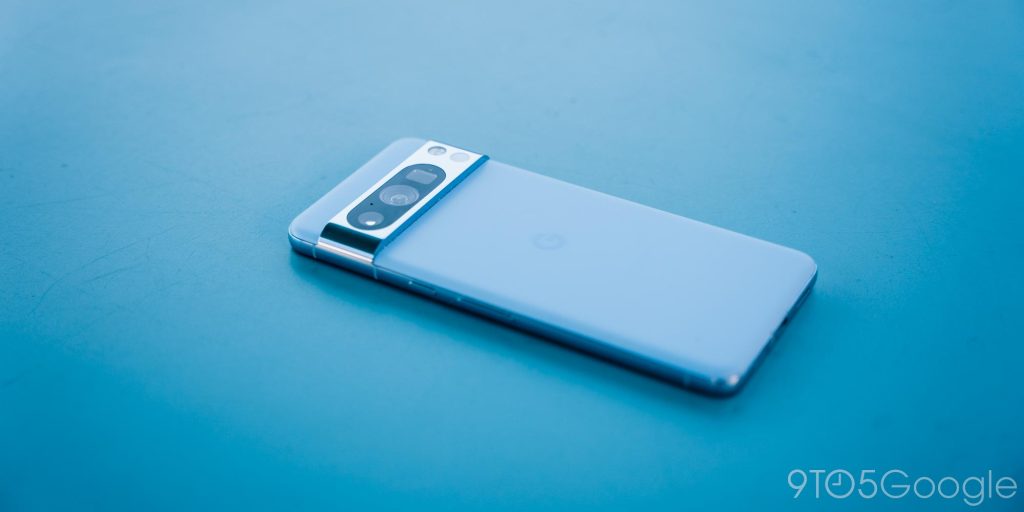
Was Google right to switch from Snapdragon?
Ultimately, as Snapdragon Pixels are now fading away, the big question is if Google made the right call.
Google’s main goal with Tensor, as Rick Osterloh said in 2021, has always been to bring “AI breakthroughs directly to Pixel.” And, by that metric, Google seems to have accomplished its goal. Long before everyone was pushing on AI so heavily, Pixel phones were building out AI features that didn’t need to be called AI to be cool. And, with the Pixel 8, Google only doubled down on that way harder. Of course, the counterargument to this is that many of Google’s AI features don’t run on the device anyway, but with Samsung doing the same thing in the Galaxy S24 series despite using the stronger Snapdragon 8 Gen 3, I’m not sure that argument even holds up. The better argument, anyway, is why so many features are only on the Pixel 8 Pro and not the smaller model.
Personally, if I had to boil down Tensor to just a single benefit that made it worthwhile, I’d argue it’s the cost.
Since Tensor’s debut, Google has been consistently undercutting its competition on price. The Pixel 6 and Pixel 6 Pro started at $599 and $899 respectively. That was $200-300 less than the comparable Samsung flagships, and more importantly Apple’s iPhone.
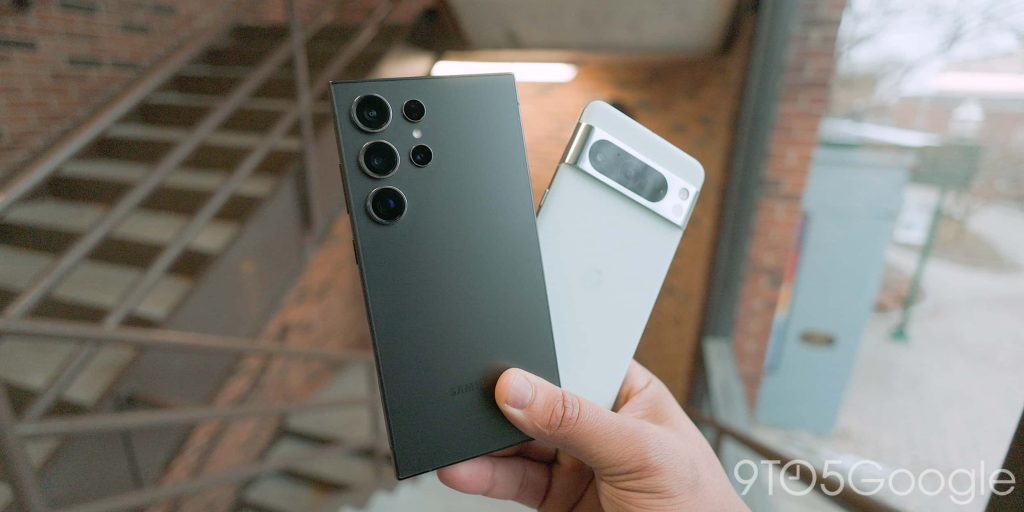
Top comment by Hunter Spencer
This is purely just my experience, but I was expecting pretty significantly better battery going from Pixel 7 to Pixel 8.
Pixel 8 had a smaller screen with a bigger battery. Add to it that Tensor G3 was supposed to be more efficient, I expected a noticeably better battery life experience and that hasn't been the case.
I wouldn't say it's been worse, but it hasn't been markedly better for me at least. Yes, I know the 8 has a 120hz screen but at least it's a variable refresh rate screen this time.
Thankfully I'm not a power user, so I don't necessarily need amazing battery life. But I do hope that Tensor sees significant efficiency gains when Google switches to TSMC.
And, yes, you were trading some battery life, some performance, and some other things for dropping the Snapdragon chip, but I’ve always felt like those were acceptable trade-offs. The Pixel 8 series chips away at the price gap a bit, with both phones being $100 more expensive, but they still offer the bulk of the performance and features at a lower price.
For me personally, that’s been enough. I’ve always loved Google Pixel phones, but devices like the Pixel 4 for example, never felt worth their price tags compared to the competition. Since Tensor, Pixels have actually felt like they have some leverage.
What do you think? Would you prefer if Pixels had stuck with Snapdragon chips, potentially at a higher cost? What’s your experience been with Tensor-powered Pixels? Let’s discuss!
More on Google Pixel:
- Here’s the Pixel 8 and 8 Pro in Mint [Gallery]
- Google Pixel Fold 2 leaks with wild new rear camera, new hinge, taller display
- Hands-on: This 3-in-1 Pixel Watch 2, phone, and Buds charging dock is better than the ‘official’ one
Follow Ben: Twitter/X, Threads, Bluesky, and Instagram
FTC: We use income earning auto affiliate links. More.


Comments